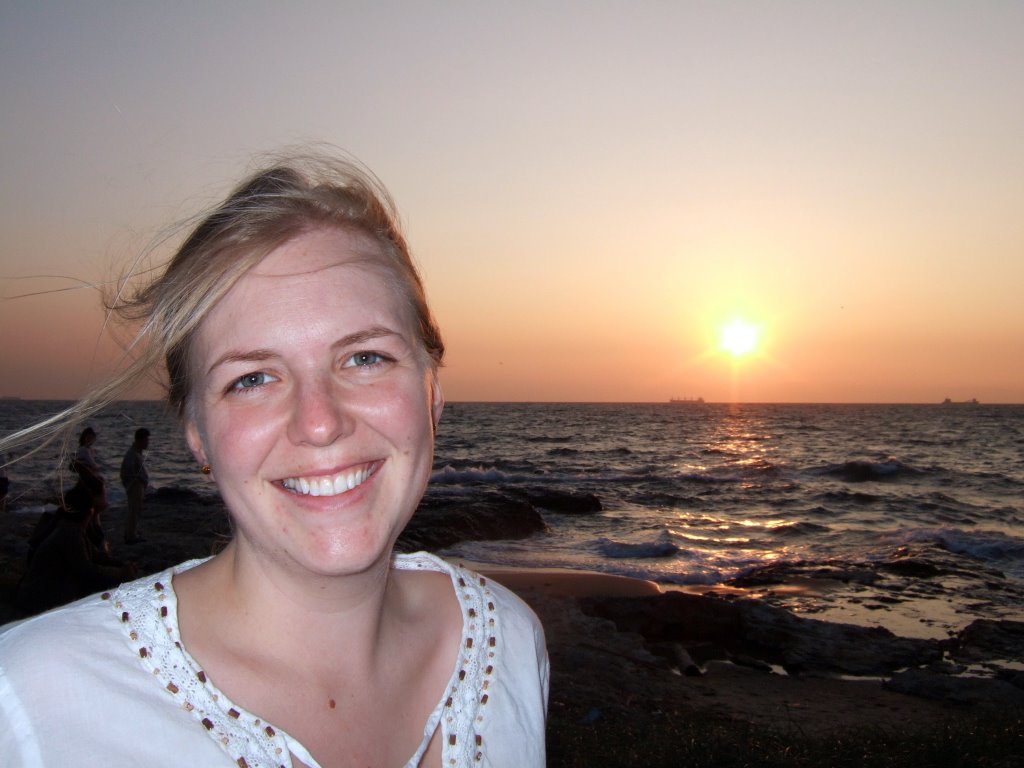Dinner tonight was split pea soup. Ingredients: dried peas, chicken broth, carrots, celery, onion, olive oil (for sauteeing the vegetables), and thyme. The carrots I used were a little bit past their prime - not spoiled, but bendy and starting to get a little shrively - which got me thinking about the provenance of a lot of dishes like this, in a time before refrigeration and winter imports from Brazil.
As Mike and I talked about this a bit, Mike came up with a scenario: What would we do if we were dropped into 1801, not in, say, Connecticut, bur right here where our house lies, at this very time of year, with only the clothes on our backs?
Yeah, we'd be in trouble. :-) But we started doing some research (Nerds 'R' Us! Can we help you?) - really, what
would we do?? It's a pressing question. It's cold out, we have a baby, we need shelter and food and oh, somehow we have to make a living. Our first thought: we need to find a settlement!
We started going through our options and discovered that alas, we went back in time too far to make this easy on ourselves. H*olland wasn't established until 1846, when Albertus vanRaalte arrived with his Dutch Reformed separatists, so no help there. When they did arrive, the only inhabitants were the Ottawa tribe (who were friendly, and for whom the county is presumably named), "Rev. Smith, who worked among the Indians, and Mr. Fairbanks, a government agent." The description of the area sounds like a primeval forest, with "tree trunks so large that three men together could not embrace them." (Source
here.) Can you imagine?? And this is only 150 years ago! Anyway, our immediate priority should be to seek help from this local tribe.
But then where to, assuming that we didn't want to live out our days in the wilderness? Grand R*apids didn't exist as we know it - there was definitely a small trading post there by 1803, but maybe not much more. Detr*it is an interesting option - a French fort and settlement had been in existence there since 1701, then it was ceded to the British in the French and Indian War. It officially became an American territory only in 1796, five years before we our imaginary landing - and it doesn't sound like it was exactly a peaceful transition. Unfortunately, Detroit was completely destoyed by a fire in 1805, so that's a little sketchy.
Chica*go (which, by the way, means "striped skunk")? There had been a trading post there since the 1770s, but it would still be another two years until Fort Dearborn was founded on that site... and there would be a nasty
massacre there in 1812, so maybe we should just avoid Chicago. (And speaking of 1812, does the War of 1812 ring any bells? Yeah, that's when we were at war with Canada. Maybe we should head south.)
Our most surprising option? St. Jo*seph, Michigan - that's right, the one by Bento*n Harbor. French explorers had passed through there as early as 1669, and there was a permanent trading post there by 1780. It's only sixty miles from here and the St. Joseph River also meets up with the
Sauk Trail, which was apparently a major overland trail in Michigan.
So here's the plan: Find the local Ottawa tribe. See if they'll help us get down to St. Joe's. From St. Joe's head to Detroit, maybe, or somewhere else with good connections east, to more civilized environs. And hopefully we can do this before 1812 and without running into any hostile tribes. Whew! Got all that? I expect profuse thanks in the form of a time capsule from anyone who is accidentally transported back to 1801 and whose life and health are saved by the information contained herein. Actually, why don't you just go ahead and buy me a big stretch of lakefront property on Lake Michigan. That should do it.
Next question: Where on earth do we tell people that we wacky folks are from??? A question for another sketchy blogging day... :-)
